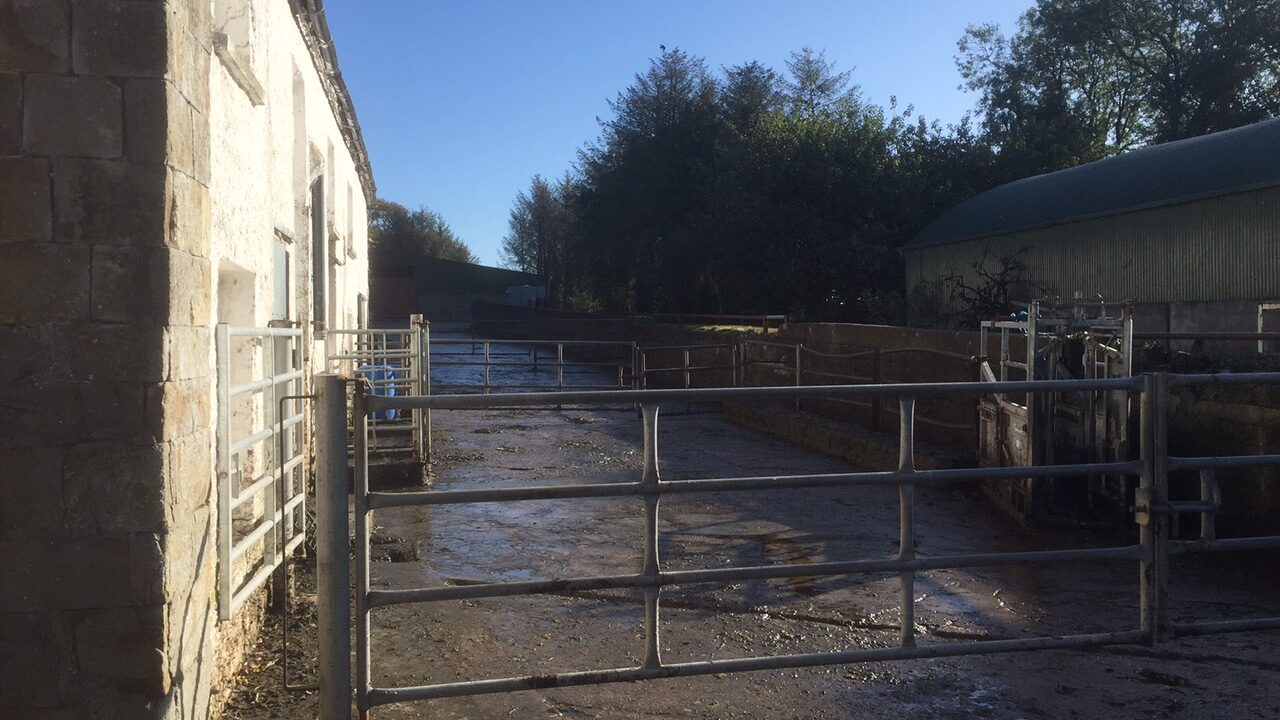As of today, Friday, September 13, there are 3,000 dead cattle “left in fields and yards” that have not been disposed of due to the knackeries dispute, according to the Animal Collectors Association (ACA).
The ACA said that these fallen animals include “approximately 750 high-risk bovines which should have been TSE [transmissible spongiform encephalopathy] tested by the Department of Agriculture”.
“There are also fallen sheep, goats, horses, etc., left around the country as the farmer or owner has no knackery to collect them, so they cannot dispose of them in a safe and regulated manner,” said the ACA in a statement.
We regret we cannot provide our invaluable service to these people but it is simply no longer viable to continue business without the return of adequate funding from the Government.
The ACA claimed that the department “has made no contact of any kind” with the group since talks broke down on Monday, September 9.
Following a meeting of ACA members yesterday, Thursday, September 12, members “unanimously decided” to keep their gates closed, and not to open for trading “unless agreement is reached on an adequate package with the Department of Agriculture, Food and the Marine”.
“It is regrettable that the food and agri-industry is now being left at risk over this dispute, and Ireland’s very strong reputation could be tarnished. Department of Agriculture officials need to take this matter very seriously,” the ACA statement concluded.
‘Totally unacceptable’
The Irish Cattle and Sheep Farmers’ Association (ICSA) is warning that farms could reach “crisis levels” if the dispute continues much longer.
“It is totally unacceptable that over 3,000 fallen cattle are lying in farmyards, with no way for them to be removed,” said Hugh Farrell, the ICSA’s animal health and welfare chairperson.
“This is an issue that must be resolved, and the Department of Agriculture must recognise the urgency of the situation. If the current situation continues, farmers must be allowed to bury the carcasses of fallen animals on-farm,” Farrell added.
Farrell warned that “this animal welfare issue could well become a human welfare issue if a resolution is not reached soon”.
